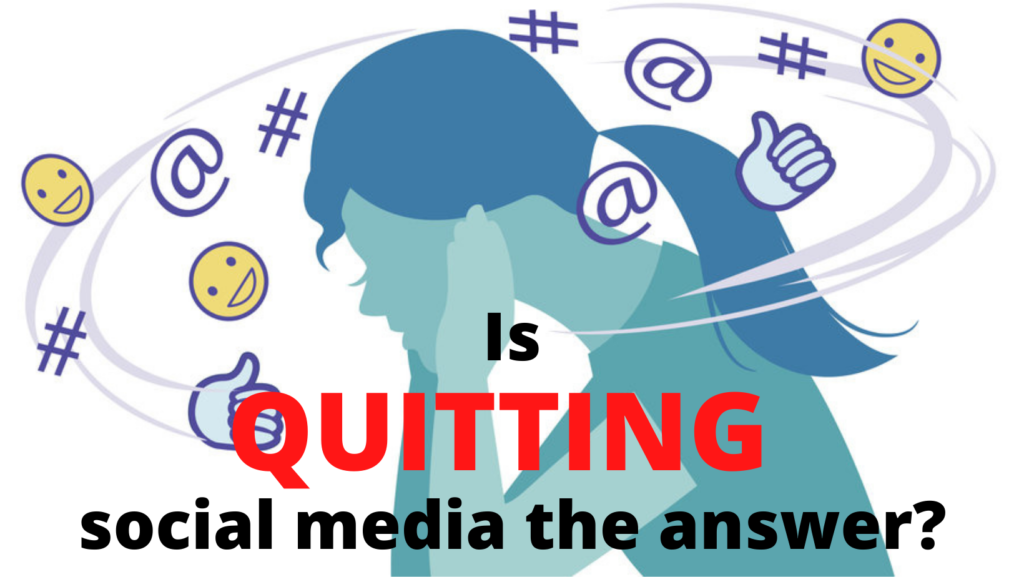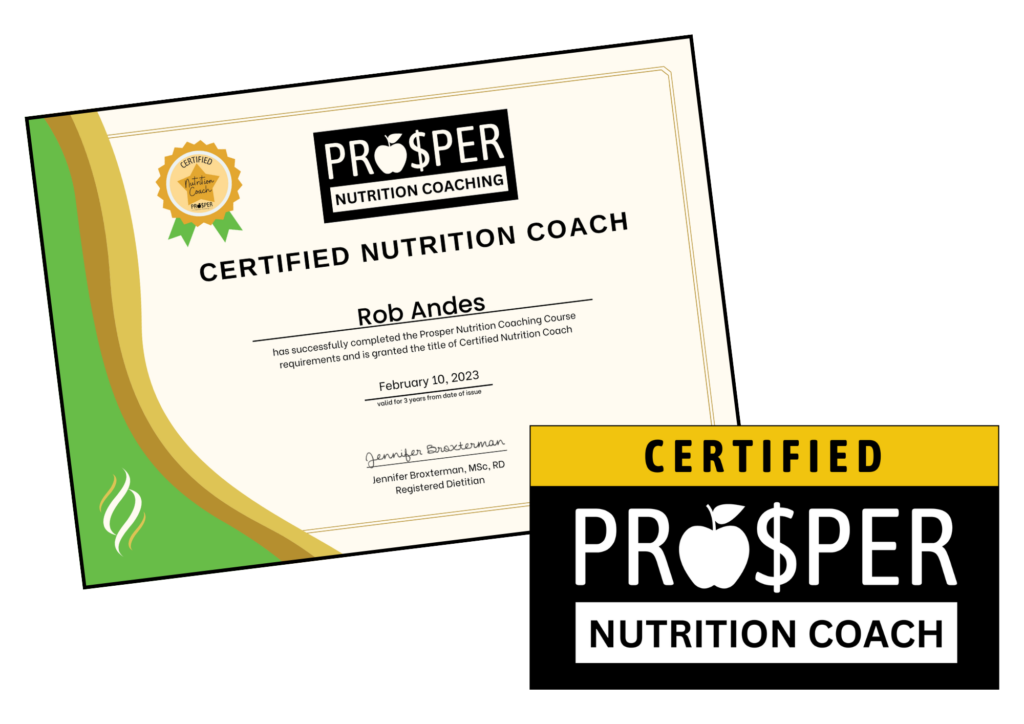

Sane Social Media Use in a Crazy World
.
.
8 Tips to Maintain Your Sanity When You Want to Quit Social Media
.
Does anyone else feel like social media is a little too narcissistic, staged, and riddled with ads these days? Often I just stay off [of social media] but I’ve been thinking hard about our collective mental health, and what I can do to be a part of the solution.
A few things I know to be true from my own experience:
❤️💛💚💙
1. Compare and despair.
I try to keep my head down, stay in my own lane, and ignore what others are doing for the most part. It’s easy to get stuck in the success-money-parenting-fitness-relationship-appearance comparison trap (or insert hurtful comparison addiction of your choice), so awareness when it’s happening inside your own mind is the first helpful step to quieting it down so it doesn’t have so much control over you. Giving energy to thinking you are “better” or “worse” than someone else is a silly concept. Be a good human, be kind, live your best life, and don’t worry about the rest of the world. “Better” is a relative and unimportant concept. Let’s take away its power.
❤️💛💚💙
2. Others celebrating their milestones online is ok.
We hear that social media is a highlight reel of people showing you the best parts of their lives. If you remember that human nature is programmed to show off the good and hide the bad, deep down we’re all still wired in our brains to be cave people in close-knit tribes proving our worth so we don’t get kicked out to fend for ourselves in the scary and cold world.
It’s ok to celebrate other people’s milestones if that makes you happy to do so, and it’s also ok to skip past it if it causes you too much personal pain (e.g. endless baby announcements if you’ve just suffered a miscarriage). Remember when you look at your feed that most people are only selectively showing the best parts of who they are, and keeping that fact in mind may give some helpful context to how you see your social media world.
❤️💛💚💙
3. Muting or unfollowing someone is ok!
Do what makes you happy. Life is too short. I really want to beat cancer and live to be 80-100 years old, and I can guarantee you that my social media follow vs. unfollow list, number of followers I personally have, how many likes I get, etc. will not matter then, just like it doesn’t matter now. I try to be respectful about it, but it’s ok to make decisions based on what makes my feed feel the best when I do log on and scroll through what other people are posting.
❤️💛💚💙
4. Understanding brain chemistry, especially dopamine, is helpful to understanding the addictive nature of social media.
I try to get my dopamine “pleasure and reward” needs met with things that feel better both in the short-term AND the long-term:
- working out
- hiking
- snuggling my dog
- trying new hobbies
- mastering a challenging skill
- spending time with friends and family in the real world (or hoping on FaceTime if I can’t be near them physically)
… all of which help my mental health tremendously!
Scrolling through social media pictures and comments may feel ok short-term, but I remind myself that long-term I don’t feel any better, and often, it leaves me feeling worse. So I sign off and go do something else.
❤️💛💚💙
5. No one is as important as they think they are.
That includes me! Most of us evolve past the self-centred 2 year old stage and recognize that the world doesn’t revolve around us, but social media can suck us back in and make many people forget this fact. I’m important to a few special people in my life who I know would miss me if I’m gone, yet I’m completely irrelevant and unimportant to BILLIONS of people on this planet. It’s actually a very liberating thought.
❤️💛💚💙
6. Be authentically yourself.
Some people will love what they see, some will be indifferent, and some people won’t like you at all. I try to match who I am online with who I am in my everyday life. Besides, keeping up an act is too exhausting anyways. I’ve definitely been ‘rejected’ by others online many times, but those were never going to be my people.
❤️💛💚💙
7. Don’t try to win online arguments.
Mark Twain said it best: Never argue with an idiot. You’ll never convince the idiot that you’re correct, and bystanders won’t be able to tell who’s who.
Maybe even I’m the idiot sometimes, who knows?!
But what I do know is that fighting online changes NOTHING, and only exhausts and drags down the collective whole. So years ago I made a pact with myself to never fight online and be a part of comments wars, even with topics I’m passionate about and where know a lot, like nutrition. So far, it’s working out really well, and I don’t think I’ve missed out on the opportunity to change the world for the better by staying out of the comments section when people are fighting.
❤️💛💚💙
8. Post and abandon.
Maybe I come off as aloof or slow to respond to private messages, but now my secret is out and you know why. ![]()
❤️💛💚💙
Those are some of my favourite lessons about sane social media use. Do you have any advice you would add to this list that has really helped you navigate this equally awesome and awful tool in our lives?
❤️💛💚💙
Thank you for coming to my TED talk on social media and mental health. 🥰
xo
❤️🐻🌈
P.S. This is me working from home today, hair washed but unbrushed (hey, my arms were tired post-workout), eating some white sourdough toast with butter. My 12 year old senior dog Carly just peed on the floor while she was fast asleep and didn’t even know it was happening. So I just cleaned it up, and felt inspired to reflect on how we present our lives to the outside world.


Wishing you health & happiness,
♡ Jen
Jennifer Broxterman, MSc, RD
Registered Dietitian
NutritionRx: happy, healthy living with our team of Registered Dietitians
Prosper Nutrition Coaching: a world-class nutrition coaching certification
+
+
+
Want to work with a NutritionRx Registered Dietitian?
Learn more here: Nutrition Packages & Rates
+
+
+
Want to become a Certified Nutrition Coach?
Learn more about our habits-based Prosper Nutrition Certification




